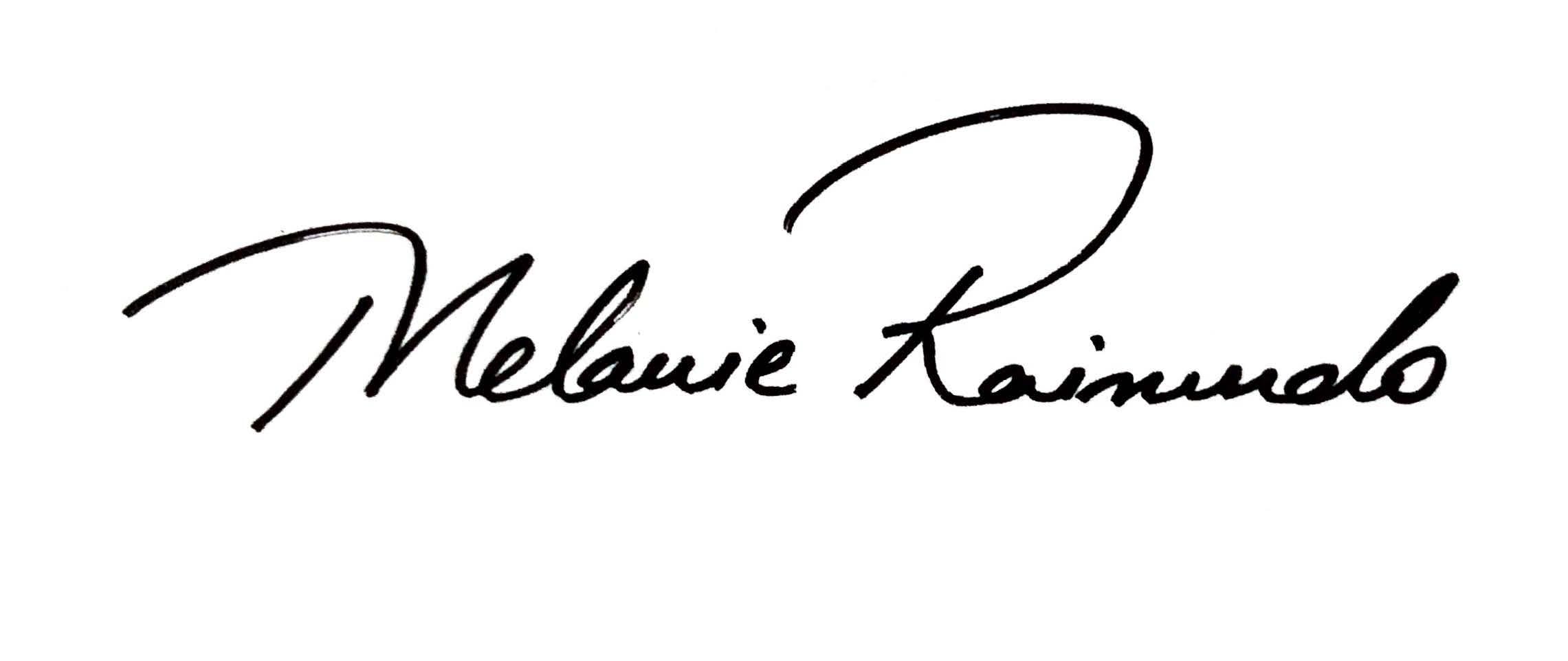I hear so many clients speak about the importance of authenticity, not only wanting to imbue it themselves but also expecting it from others. However, in our society, do we really accept people’s authenticity?
If you look up what authenticity means, you see the words: genuine, honest, true to oneself etc. If this is what we take to be authenticity, then why when we ask “how are you?” can we not accept when someone says they’re “not ok” or anything out side of “good, and you?”.
Life is so much more than “good” or “ok”. We have a day for R U OK? but we don’t live it day by day. How often do we give the space to our friends, family, colleagues to respond authentically? Do we allow ourselves to even feel and connect with our emotions outside of “good” or “ok”?
I myself am an Enneagram 4 which means I express emotionally, I cannot not say what I’m feeling or thinking. It’s something I’ve had, and will continue, to work on for the rest of my days. In saying this, I have noticed how uncomfortable people get when I respond to “how are you” with “I’m ok, its not the best of days but I’ll bounce back, how are you?”. For me, I find it nearly impossible to put the mask on and respond with “good” for I feel uncomfortable knowing that someone see through it and I wouldn’t be authentic. In saying this, my expression is my gift and my burden. It hinders me in social settings but guides me with my clients, helping them to be truly themselves.
I challenge many of my clients who claim to value authenticity by asking them “How authentic are you?” Many respond immediately “oh I’m very authentic!” So I follow it up with “ok, how often do you share with those close to you when you’re having a bad day? When you’re stressed or feel you have failed?” Often the answer is, “I don’t” or “not enough”. It goes deeper than this for we not only struggle to share it with others but also with ourselves. This is not to chastise though, because most of us have this strong sense that we must mask our feelings purely because we have not been taught from a young age how to do so.
Our society has yet to accept equanimity of emotion: the balance of the not-good in life side-by-side with the good.
Hence why I ask “can we be authentic?” and my answer is, yes I believe we can and I have hope that we are moving that way.
What is Authenticity:
Authenticity refers to being true to oneself, living in alignment with one’s values, beliefs, and principles, and presenting oneself in an honest and genuine manner. Attaining authenticity is a journey that requires self-reflection, self-awareness, and the courage to be vulnerable.
Some tips for attaining authenticity:
- Know yourself: Authenticity begins with self-awareness. Take the time to understand your values, beliefs, and principles. Ask yourself what matters most to you and what motivates you. Being clear about your values and beliefs will help you stay true to yourself.
- Be honest with yourself: Authenticity requires honesty. Be truthful with yourself about your strengths, weaknesses, and limitations. Acknowledge your flaws and embrace them as part of who you are.
- Trust yourself: Authenticity requires self-trust. Trust your instincts and intuition. Listen to your inner voice and follow your heart. Don’t be afraid to take risks and try new things.
- Express yourself: Authenticity requires self-expression. Express yourself in a way that is true to who you are. Speak your truth and share your feelings with others. Don’t be afraid to show vulnerability.
- Live in alignment with your values: Authenticity requires living in alignment with your values. Make choices that are consistent with your values and beliefs. Don’t compromise your values for the sake of others.
- Embrace your uniqueness: Authenticity requires embracing your uniqueness. Celebrate your individuality and don’t compare yourself to others. Recognize that your differences are what make you special.
- Practice self-care: Authenticity requires self-care. Take care of your physical, emotional, and mental well-being. Prioritize self-care activities that nourish your soul and bring you joy.
Attaining authenticity is a lifelong journey. It requires a commitment to self-discovery, self-acceptance, and self-expression. By following these tips, you can cultivate authenticity in your life and live a more fulfilling and meaningful life.


